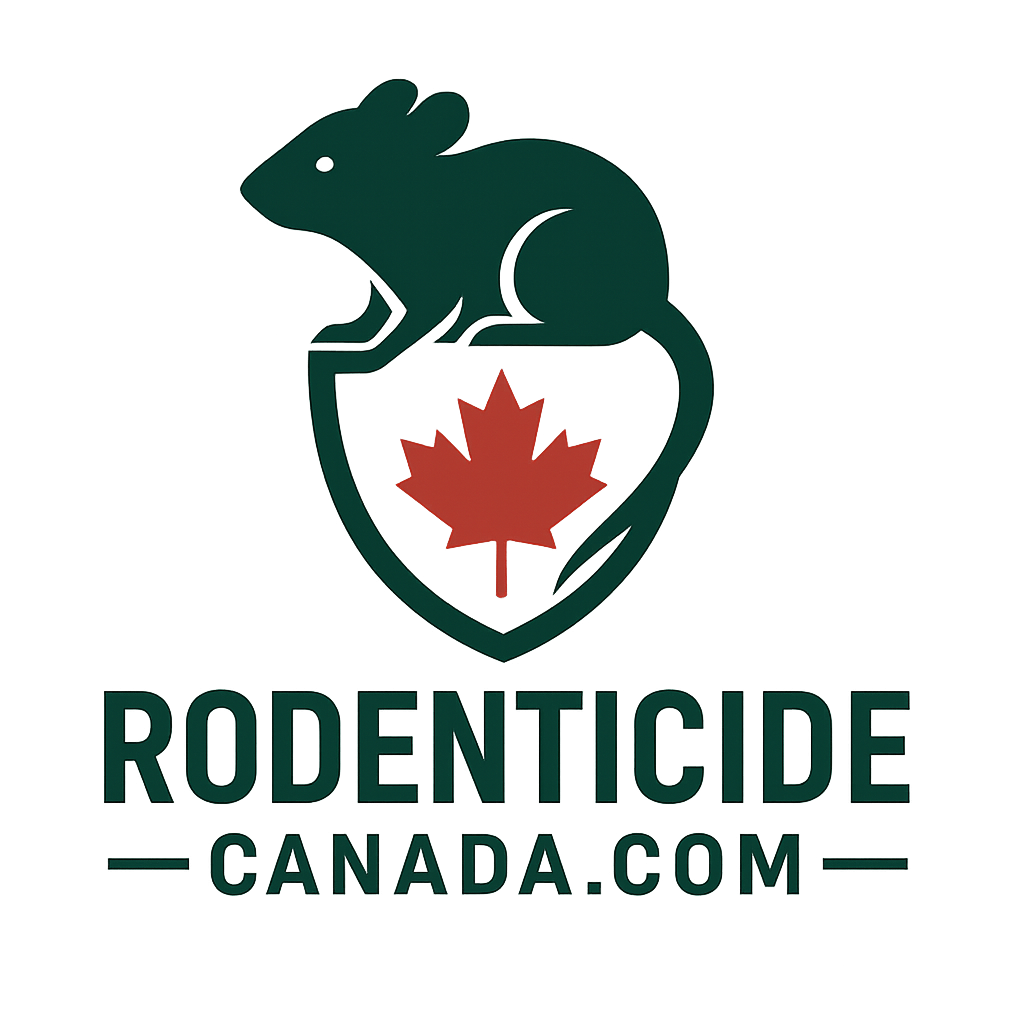Mission
Foster habitats that encourage natural rodent predators like owls, hawks, and snakes by setting up owl boxes or preserving areas with dense foliage and trees. Plant native species that attract these predators and provide them with a natural environment to thrive. Adopt an IPM approach that focuses on long-term prevention of pests through a combination of techniques such as biological control, habitat manipulation, and changes in cultural practices. Use rodenticides as a last resort and in combination with other methods like sealing entry points to buildings and proper sanitation to reduce food sources. If rodenticides are necessary, use formulations less likely to secondarily poison wildlife, like those that require multiple feedings to be lethal. Place bait stations strategically and securely to minimize access by non-target species. Work with local communities to educate them about the impacts of rodenticides on wildlife and alternative control methods. Organize community clean-up events to reduce rodent shelter and food sources, reducing the need for rodenticides.
R&D Legislation and Policy Advocacy:
Advocate for stricter regulations on the sale and use of harmful rodenticides.Support policies that promote biodiversity and the protection of natural predators. Support or engage in research on the impacts of rodenticides on ecosystems and the effectiveness of alternative control methods. Participate in or organize wildlife monitoring programs to track the health of local species and detect any impacts early. Engage in or support efforts to restore habitats that have been affected by rodenticides or other pollutants to bring back native species and ecological balance.
